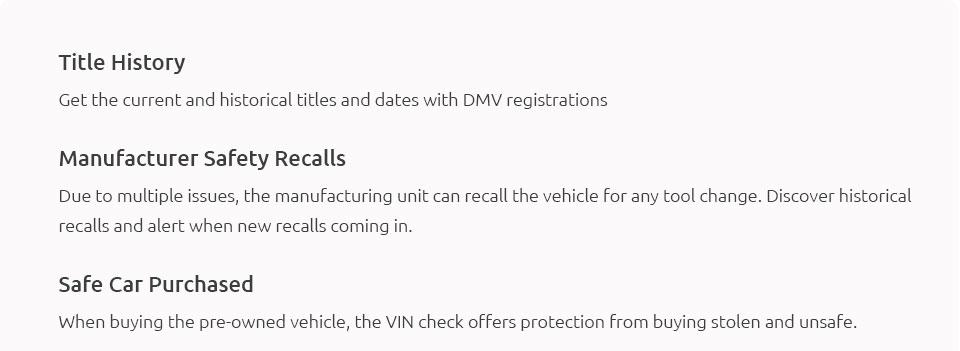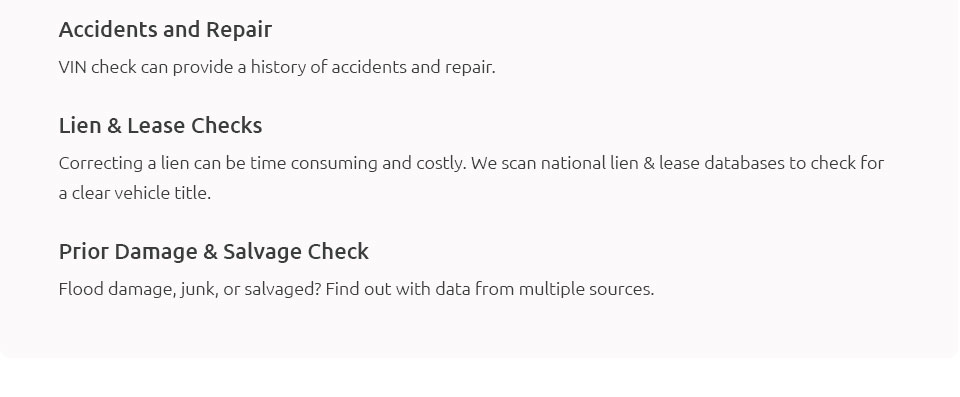 |
 |
 |
 |
 |
||
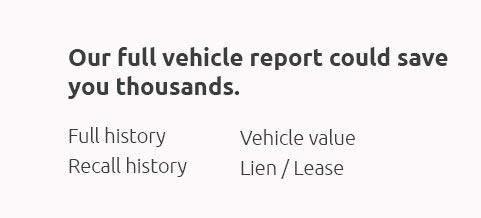 |
 |
|
 |
 |
|
 |
 |
 |
 |
||
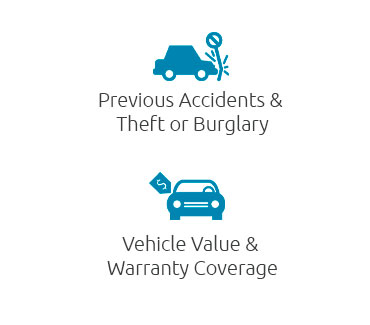 |
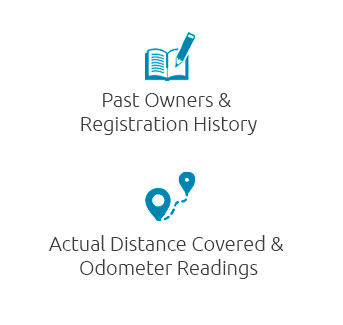 |
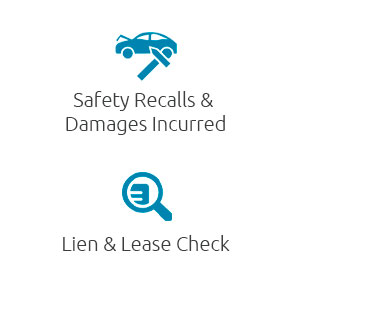 |
 |
 |
 |
||||
|
||||
 |
 |
Understanding Old Car VIN Number Lookup: A Comprehensive GuideThe world of vintage automobiles is a realm filled with intrigue and nostalgia, where each vehicle tells its own unique story through its Vehicle Identification Number (VIN). The VIN, often likened to a car's fingerprint, is a string of 17 characters that holds a wealth of information about the vehicle's history, model, and origins. However, when it comes to old cars, deciphering this code can be both a thrilling and daunting task. This is especially true for vehicles manufactured before the standardization of VINs in 1981. Whether you're a seasoned collector or a curious enthusiast, understanding how to perform an old car VIN number lookup is an essential skill. Before the universal standard was adopted, VINs varied significantly in length and format, which means that uncovering the story behind a classic car requires a bit more effort and expertise. The process is akin to piecing together a historical puzzle, where each character in the VIN holds the key to a different aspect of the car's past. It's important to recognize that not all VINs are created equal. Cars from different manufacturers and eras may have VINs that are either shorter or formatted differently, making them tricky to decode without the right resources. One crucial aspect to consider when delving into an old car VIN number lookup is the intent behind your search. Are you trying to find out the value of my truck, or are you more interested in the car's provenance and previous ownership? Depending on your goal, you may need to access different databases and historical records. Thankfully, the internet provides a plethora of resources and communities dedicated to the preservation and appreciation of vintage vehicles. Online forums, classic car clubs, and dedicated websites can offer valuable insights and assistance in your quest. Moreover, a VIN lookup can reveal vital information about the car's specifications, production year, and original manufacturing details. This is especially beneficial if you're considering purchasing an old vehicle and wish to ensure its authenticity and originality. It's also wise to know car owner history, as this can shed light on any past modifications or restorations that might affect the car's value and performance. When embarking on this investigative journey, patience and diligence are key. It's not uncommon to encounter incomplete records or conflicting information, particularly for cars that have changed hands multiple times over the decades. In such cases, reaching out to previous owners, consulting historical archives, or even enlisting the help of a professional appraiser or historian might be necessary steps to take. In conclusion, while the process of conducting an old car VIN number lookup can be complex, it's also immensely rewarding. Not only does it allow you to delve deeper into the fascinating history of vintage vehicles, but it also equips you with the knowledge needed to make informed decisions about buying, selling, or restoring these automotive treasures. As you navigate this labyrinth of numbers and letters, remember that each VIN is a gateway to the past, offering a glimpse into the life and legacy of the cars that have come before us. https://www.spyne.ai/tools/classic-car-vin-lookup
Decode your classic car VIN to gain insights into its specifications, history, and production details with Spyne's lookup tool. http://www.classiccardatabase.com/VINengcodes.php
Classic cars, antique cars, vintage cars and muscle cars- Vehicle Identification Numbers (VIN) for cars, engine codes. https://www.vindata.com/classic
Every VIN History Report Comes Packed With Detailed Data - Title History - Junk / Salvage Info - Title Brand Check - Odometer History - Inspection Information.
|

